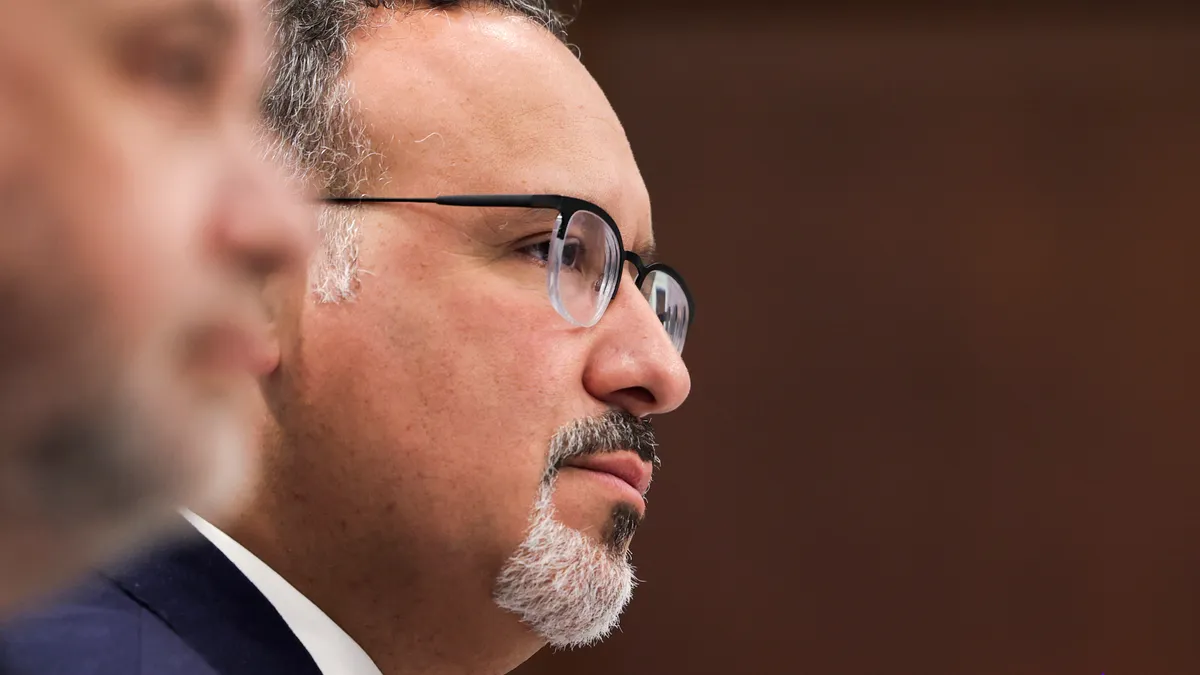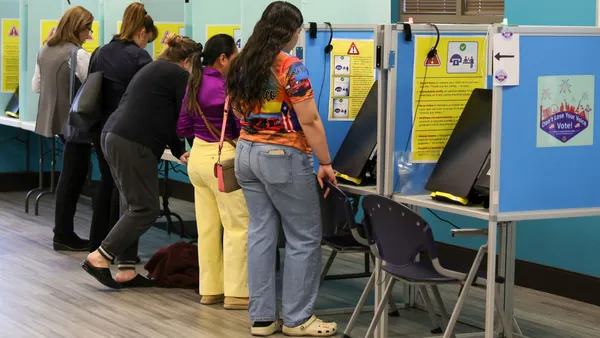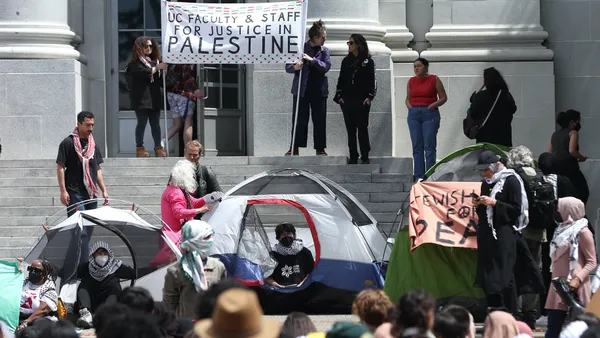Dive Brief:
-
Tennessee's higher education commission is expected to draft a report by September describing the amount of funding needed to bring the facilities of Tennessee State University, an HBCU, up to par with other public colleges in the state.
-
A legislative analysis in April found the state may have failed to match federal grants to the university for decades, leading to missing funding that totals between $150 million and $544 million.
-
A bipartisan legislative committee last week charged the Tennessee Higher Education Commission to work with Tennessee State University's administration and the state government's finance department to make its recommendations.
Dive Brief:
Tennessee State is one of the state's two land-grant institutions, along with the University of Tennessee. The designation requires Tennessee to match certain federal funds given to the schools.
A recent audit revealed that the state hadn't been making such payments to Tennessee State for decades. However, the state maintained payments to the University of Tennessee, a predominantly White institution.
Underfunding has prevented the HBCU from launching new programs and led to some students leaving, the college's president, Glenda Glover, said in a statement in April.
During a legislative committee meeting last week, one state lawmaker resisted the idea that the university should receive the largest amount laid out in the audit. And some legislators said the recommendations should focus on how to improve the university and right funding levels going forward.
State Sen. Richard Briggs, a Republican, also suggested that the funding could be doled out over time rather than given in one lump sum. “Whatever is decided on has to be within the means and the ability to fit into what the state budget is,” Briggs said during the meeting.
Tennessee State is far from the only HBCU in the country that hasn't gotten its due funding. A 2013 report from the Association of Public and Land-grant Universities found almost two-thirds of 18 HBCUs with land-grant status didn't receive full payments from their states between 2010 and 2012.
Some HBCUs have scored recent funding victories, however. Maryland recently agreed to pay its four historically Black colleges $577 million over a decade to settle a 15-year lawsuit, which alleged the state allowed its predominantly White institutions to undercut the schools by duplicating their programs.
Maryland HBCUs will be able to use the funds in several ways, including for scholarships, faculty recruitment and launching new programs.














